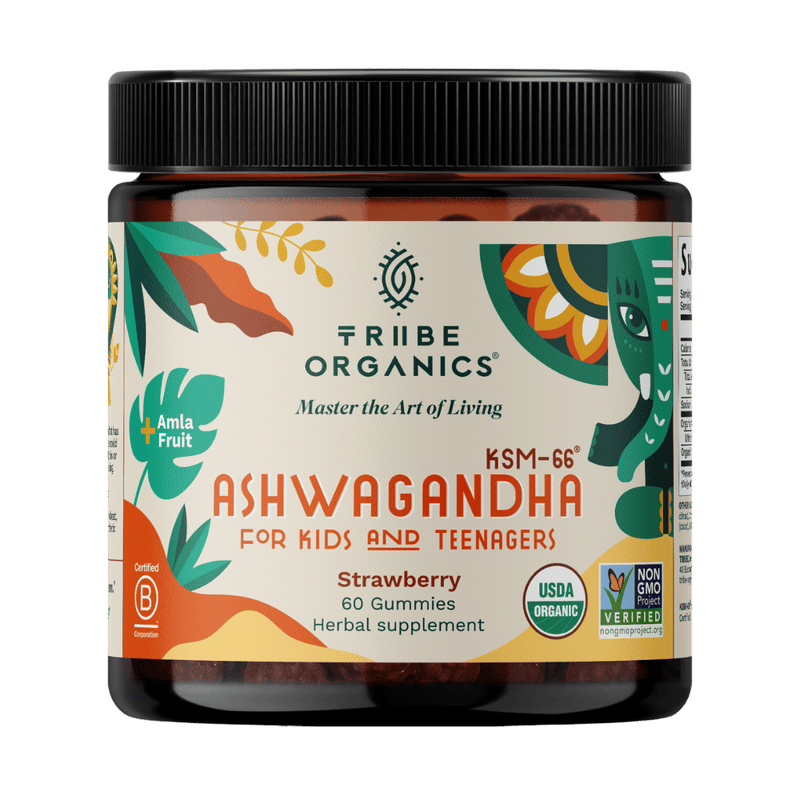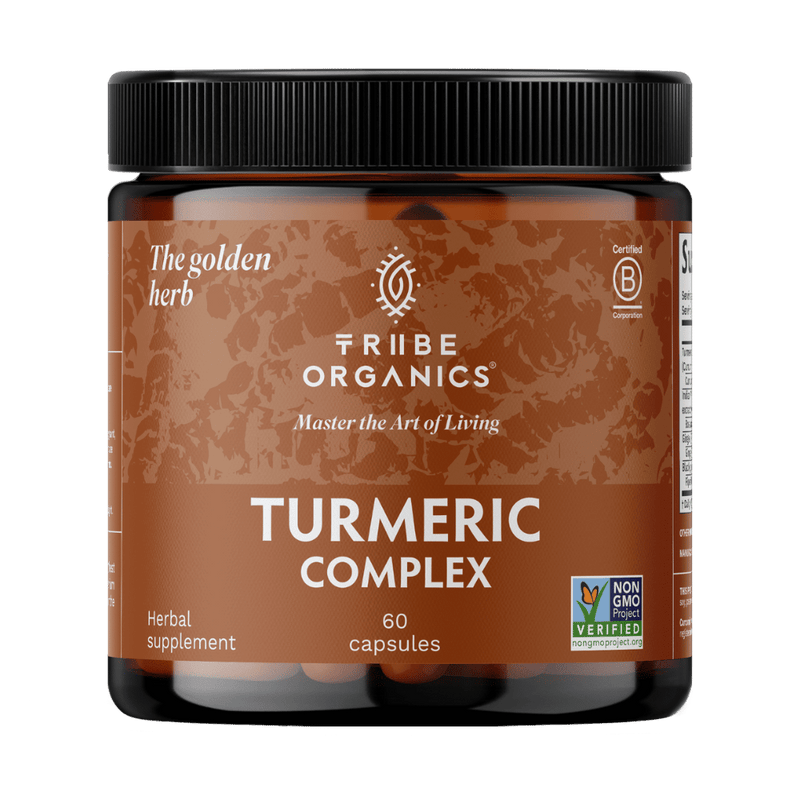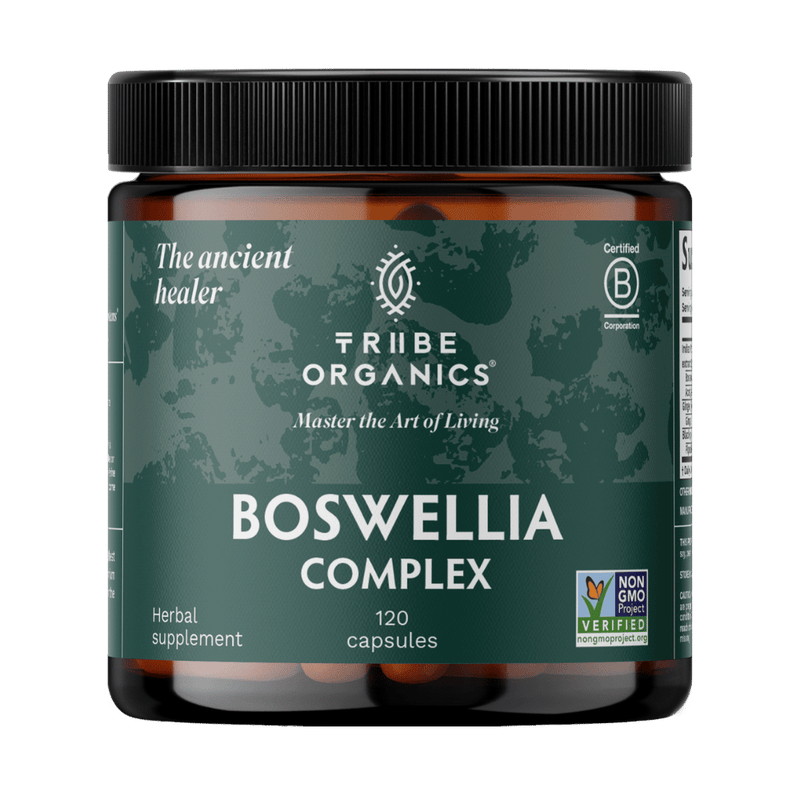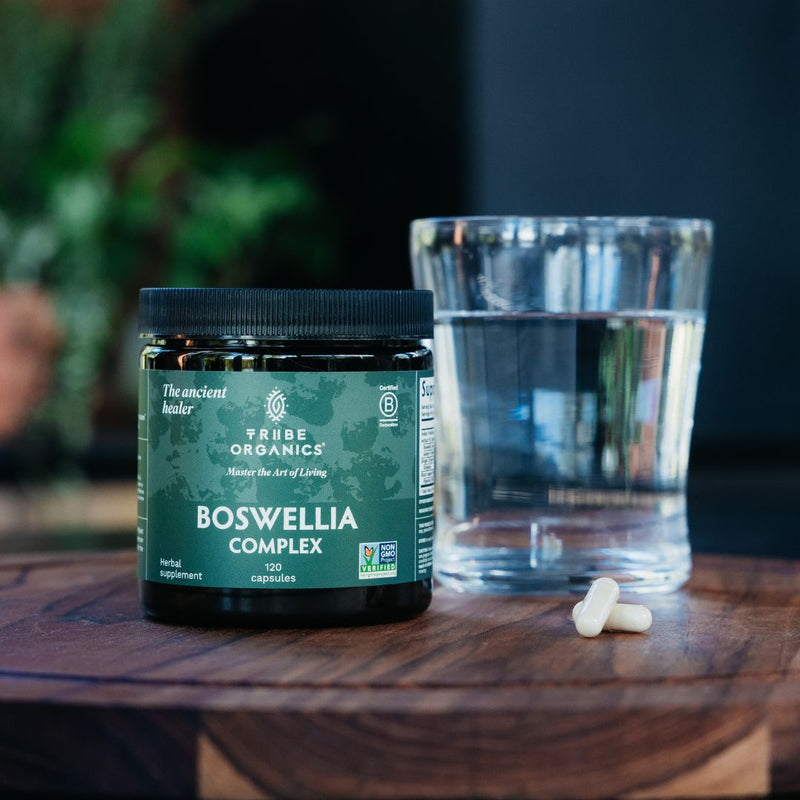Key Takeaways
- Current research suggests ashwagandha does not significantly interfere with birth control effectiveness or affect the liver enzymes that metabolize hormonal contraceptives
- Unlike St. John’s wort and other problematic supplements, ashwagandha appears safe for short-term use with hormonal birth control methods
- Limited specific studies exist on ashwagandha-birth control interactions, highlighting the need for more comprehensive research
- Ashwagandha may influence hormone levels including testosterone, requiring caution for women with PCOS or other hormonal conditions
- Healthcare provider consultation remains essential before combining ashwagandha with any hormonal contraception
The Quick Answer: Ashwagandha and Birth Control Safety
Based on current evidence, ashwagandha likely does not reduce birth control effectiveness. Research indicates that this adaptogenic herb does not significantly affect the CYP3A4 liver enzymes responsible for metabolizing hormonal contraceptives, unlike other supplements that do interfere with birth control.
While the available research is limited, the evidence suggesting no meaningful interaction between ashwagandha and birth control pills provides reassurance for women considering this combination. This stands in stark contrast to supplements like St. John’s wort, which can reduce birth control’s effectiveness by up to 50% and increase pregnancy risk.
However, the absence of reported contraceptive failures doesn’t guarantee complete safety. Most safety data pertains to short-term use in healthy adults, with limited research on long-term supplementation or use in women with specific hormonal conditions.

What is Ashwagandha?
Ashwagandha (Withania somnifera), also known as Indian winter cherry or Indian ginseng, is an adaptogenic herb that has been used in traditional Ayurvedic medicine for thousands of years. This herbal remedy originates from India, parts of Africa, and the Middle East, where it grows naturally in dry regions.
The plant’s therapeutic effects come from bioactive compounds called withanolides, along with alkaloids and saponins found primarily in the root extract. These compounds contribute to ashwagandha’s anti-inflammatory, antioxidant, and stress-reducing properties that make it popular in alternative medicine.
Modern research suggests ashwagandha may help with reducing stress, improving sleep quality, enhancing athletic performance, and supporting mental health. As an adaptogen, it’s believed to help the body maintain balance during physical and emotional stress, making it increasingly popular among premenopausal women seeking natural wellness solutions.
The ashwagandha root extract is typically standardized to contain specific concentrations of withanolides, with most clinical studies using doses between 300-600mg daily. This standardization helps ensure consistent potency across different supplement brands and forms.
How Birth Control Pills Work in Your Body
Understanding how hormonal birth control pills work helps explain why certain supplements might potentially interact with their effectiveness. Combined oral contraceptive pills (COCs) contain synthetic versions of estrogen and progestin, while progestin-only pills (POPs) contain only synthetic progestin.
These hormonal contraceptives prevent pregnancy through multiple mechanisms. They primarily suppress ovulation by preventing the luteinizing hormone surge that triggers egg release. Additionally, they thicken cervical mucus to block sperm penetration and thin the uterine lining to reduce implantation likelihood.
The liver plays a crucial role in processing these hormones through specialized enzymes, particularly the CYP3A4 enzyme system. When you’re taking birth control pills, your liver continuously metabolizes these hormones to maintain effective blood levels for preventing pregnancy.
Substances that induce or inhibit these liver enzymes can potentially impact birth control effectiveness. Enzyme inducers speed up hormone breakdown, potentially reducing contraceptive efficacy, while enzyme inhibitors slow breakdown, possibly increasing hormone levels and side effects.
This metabolic pathway explains why some dietary supplements can affect birth control pills - they may alter how quickly or slowly your body processes the contraceptive hormones, potentially compromising birth control effectiveness or increasing side effects.

Research on Ashwagandha and Birth Control Interactions
Current evidence suggests ashwagandha does not significantly affect birth control effectiveness, though research specifically examining this interaction remains limited. A key 2015 study found that ashwagandha does not meaningfully induce or inhibit CYP3A4 enzymes, differentiating it from problematic botanicals like St. John’s wort.
This finding is particularly important because CYP3A4 enzymes metabolize the hormones in most hormonal birth control pills. Since ashwagandha doesn’t appear to speed up or slow down these enzymes, it’s unlikely to impact birth control effectiveness through this primary metabolic pathway.
Multiple pharmacology reviews and supplement interaction databases consistently rate the combination of ashwagandha and hormonal contraceptives as “likely safe” based on available evidence. No documented cases of contraceptive failure have been directly attributed to concurrent ashwagandha use in published literature.
However, research limitations must be acknowledged. Most studies focus on short-term ashwagandha use (up to three months) in healthy adults. Long-term safety data and research in women with specific hormonal conditions like PCOS remain lacking.
The systematic review of available evidence shows no evidence suggesting that ashwagandha supplements affect birth control through the primary mechanisms of action. This contrasts sharply with other supplements that have clear interaction profiles and documented effects on contraceptive efficacy.
Ashwagandha Safety Profile and Side Effects
Ashwagandha is generally recognized as safe for short-term use, typically up to three months, when taken at recommended doses of 300-600mg daily. Most people tolerate this adaptogenic herb well, with side effects being relatively uncommon and usually mild.
Common side effects may include drowsiness, gastrointestinal upset such as diarrhea or vomiting, and occasional headaches. Rarely, cases of mild and reversible liver injury have been reported, though these appear to be isolated incidents rather than systematic concerns.
Of particular relevance to women taking birth control, ashwagandha may influence hormone levels, including increasing testosterone levels in both men and women. This effect could theoretically be concerning for women with conditions like PCOS, where elevated testosterone is already problematic.
Ashwagandha also has mild thyroid-stimulating properties and may increase T3 and T4 levels, especially in people with hypothyroidism. Women with thyroid disorders should monitor their thyroid function when combining ashwagandha with hormonal contraception.
The herb may interact with certain medications beyond birth control, including blood pressure medications, diabetes drugs, immunosuppressants, and thyroid medications. Always inform healthcare providers about ashwagandha use, especially if you’re taking other medications or have underlying health conditions.
Safety data for long-term ashwagandha use beyond six months is limited, which is why most experts recommend periodic breaks or medical supervision for extended supplementation periods.

Supplements That Do Interfere with Birth Control
While ashwagandha appears safe with birth control, several other supplements can significantly reduce hormonal birth control pills effectiveness. Understanding these problematic interactions helps put ashwagandha’s safety profile in perspective.
St. John’s wort is the most well-documented supplement that affects birth control pills. This herbal remedy strongly induces CYP3A4 enzymes, accelerating the breakdown of contraceptive hormones and potentially reducing birth control effectiveness by up to 50%. Multiple pregnancies have been reported in women using St. John’s wort with hormonal contraceptives.
Activated charcoal presents a different interaction mechanism - it can bind to hormones in the digestive tract, preventing absorption and reducing birth control effectiveness. If you must use activated charcoal, take it at least 3 hours after or 12 hours before your birth control pill to minimize this interaction.
Grapefruit and grapefruit juice can increase estrogen absorption, potentially raising hormone levels and increasing side effects rather than reducing effectiveness. While not typically dangerous, this interaction can intensify symptoms like nausea, breast tenderness, and mood changes.
Other supplements that may potentially interact with hormonal birth control include high doses of vitamin C (which may increase estrogen levels), certain probiotics that affect gut hormone metabolism, and some weight loss supplements containing stimulants that induce liver enzymes.
The key difference between these problematic supplements and ashwagandha is the mechanism of action. While the problematic supplements directly affect hormone metabolism or absorption, current research suggests ashwagandha doesn’t significantly impact these processes.
Safe Supplements to Take with Birth Control
Many dietary supplements can be safely combined with hormonal birth control methods without compromising contraceptive effectiveness. Understanding which supplements are safe helps women maintain their wellness routines while using birth control.
Probiotics are generally safe with hormonal contraceptives and may actually provide benefits. Some research suggests that certain probiotics might help maintain vaginal health and reduce the risk of yeast infections, which can be more common in women taking birth control pills.
Melatonin supplements are typically safe to combine with hormonal birth control and may help address sleep issues that some women experience with certain contraceptive methods. Most studies show no interaction between melatonin and contraceptive hormones.
Magnesium supplements do not appear to reduce birth control effectiveness and may help with PMS symptoms that some women experience even while on hormonal contraception. Magnesium can also support overall women’s health and bone density.
Most B vitamins, vitamin C (at normal doses), vitamin A, and vitamin E are safe to take with birth control pills. In fact, some birth control pills may slightly reduce certain vitamin levels, making supplementation potentially beneficial for maintaining a balanced diet.
Iron supplements are also safe with hormonal contraceptives and may be particularly important for women with heavy menstrual bleeding before starting birth control or during placebo weeks.
These safe combinations highlight that supplement use doesn’t have to be incompatible with effective contraception - it’s about choosing the right supplements and understanding potential interactions.

Recommendations for Ashwagandha Users on Birth Control
If you’re considering combining ashwagandha with hormonal birth control, following evidence-based recommendations can help ensure both supplement effectiveness and contraceptive reliability.
Always consult your healthcare provider before starting ashwagandha while taking birth control pills or other forms of hormonal contraception. This consultation is particularly important if you have underlying hormonal conditions, liver problems, or take other medications that might interact.
Consider monitoring your menstrual cycle for any changes during the first few months of combining ashwagandha with birth control. While interactions are unlikely based on current evidence, individual responses can vary, and cycle changes might indicate hormonal effects.
Start with lower doses of ashwagandha (around 300mg daily) to assess your individual tolerance before increasing to higher doses. This approach allows you to identify any side effects while minimizing potential risks to birth control effectiveness.
Inform all healthcare providers about your supplement use, including gynecologists, primary care physicians, and pharmacists. This information is crucial for comprehensive care and helps identify potential interactions with any new medications.
If you experience any concerning symptoms like irregular bleeding, severe mood changes, or other unusual effects while taking ashwagandha with birth control, discontinue the supplement and consult your healthcare provider promptly.
Consider using additional contraceptive methods like condoms during the first month of combining supplements, not because evidence suggests ashwagandha affects birth control, but as an extra precaution while monitoring your body’s response.
Keep detailed records of when you take both your birth control and ashwagandha supplements to help healthcare providers assess any potential patterns if concerns arise.
Frequently Asked Questions
Shop best sellers
Explore our collection of favorite items that have gained popularity for their quality and satisfaction.





















